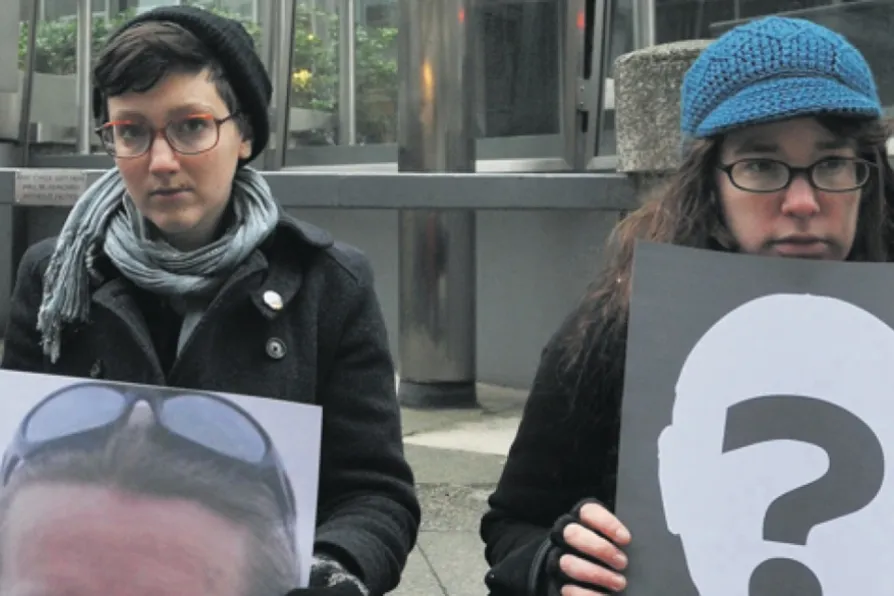
 Protesters call for a judge-led inquiry into the use of undercover policing in 2011
Protesters call for a judge-led inquiry into the use of undercover policing in 2011
LABOUR peers are seeking to remove a clause in the Spycops Bill which trade unions fear could allow state agents to commit crimes to disrupt industrial action.
If the Covert Human Intelligence Sources (CHIS) Bill is passed, undercover agents would be allowed to commit crimes “in the interests of the economic well-being of the United Kingdom.”
Trade unions argue that this could implicate aspects of legitimate union activity.

It is only trade union power at work that will materially improve the lot of working people as a class but without sector-wide collective bargaining and a right to take sympathetic strike action, we are hamstrung in the fight to tilt back the balance of power, argues ADRIAN WEIR

BEN CHACKO reports on the struggles against sexism, racism and the brutish British state that featured at Matchwomen’s Festival this year












